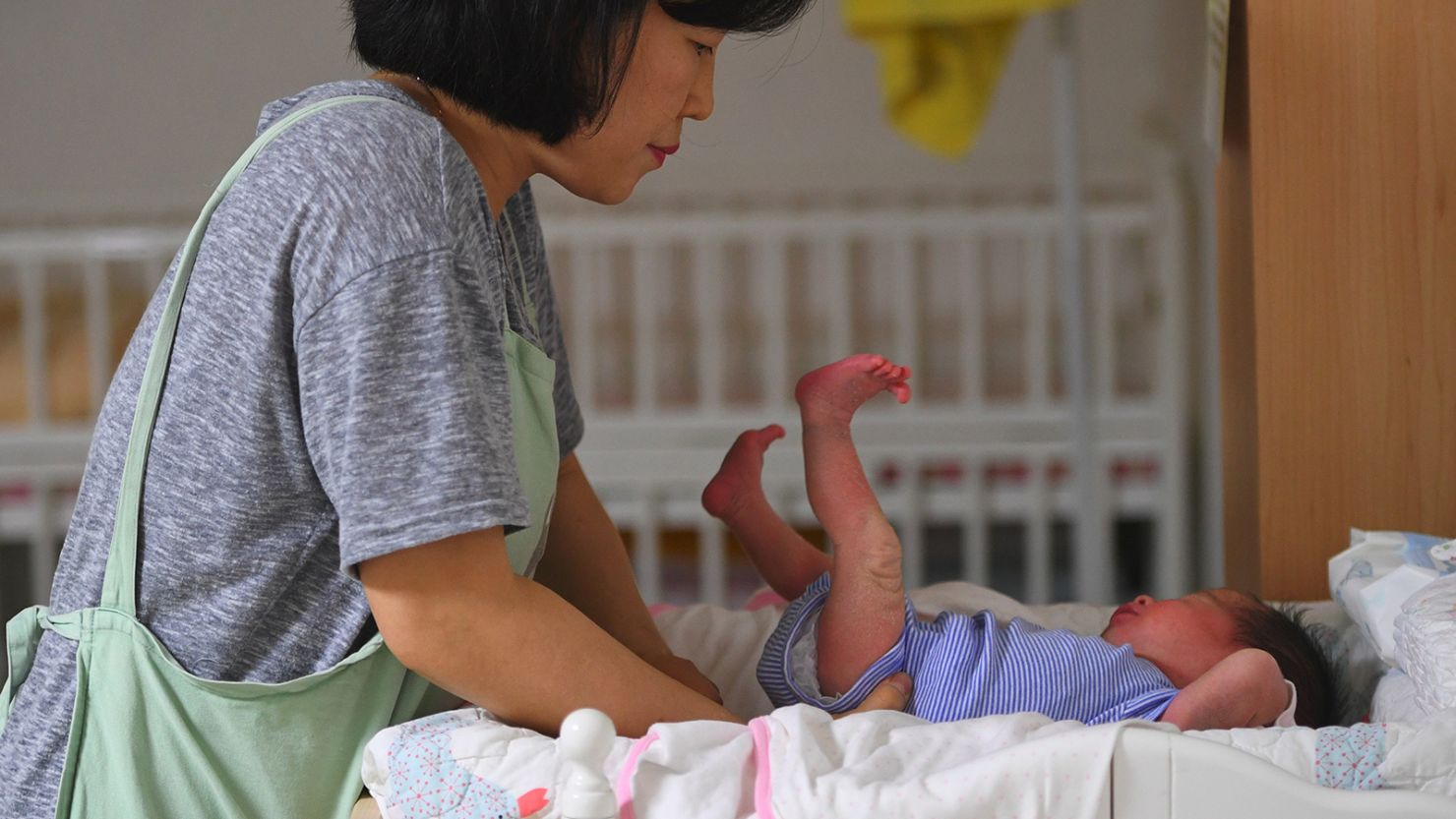South Korea faces a unique challenge in an era where economic growth and sustainability are directly impacted by the workforce’s size and purchasing power. The nation’s birth rate has hit an all-time low, with figures dropping to a staggering 0.72 in 2023. This alarming statistic has spurred government entities and private corporations into action, introducing some of the most generous parental incentives seen globally.
South Korea: Corporate’s Response to a National Crisis
The Korea Economic Research Institute (KERI) has been at the forefront of addressing this issue. KERI’s president, Chul Chung, and senior research fellow, Jin Sung Yoo, have highlighted the dire consequences of declining birth rates on the nation’s economic stability and workforce.
In response, companies like the Lotte Group have implemented family-friendly policies that have successfully boosted their internal birth rates. The conglomerate is now extending its support by offering significant incentives such as a free 7-9 seat family vehicle for employees with three or more children.

However, the most notable incentive comes from the construction and housing group Booyoung. The company offers a remarkable $75,000 bonus for each new child born to its employees.
This initiative has not only benefited 66 families within the company but also represents a significant investment in the nation’s future, according to company chairman Lee Joong Keun.

Government Efforts and the Future of Family Planning
The South Korean government is not standing idly by. Seoul’s local government plans to invest over $1.3 billion in the Birth Encouragement Project. This initiative aims to support career maintenance around family planning, expand eligibility for benefits, and include services like infertility treatment and childcare.
South Korea's birth rate is so low, one company offers staff a $75,000 incentive to have children. https://t.co/MHEiM9Rv1s
— CBS News (@CBSNews) March 29, 2024
These efforts reflect a broader understanding that the issue of declining birth rates is not just a statistic but a looming crisis that threatens the nation’s future. Through these innovative solutions, South Korea hopes to reverse this trend and secure a stable and prosperous future for the coming generations.
In crafting this narrative, it’s essential to incorporate SEO-friendly keywords such as “South Korea birth rate crisis,” “parental incentives in South Korea,” and “Booyoung $75,000 child bonus” to ensure that this article reaches a wide audience interested in global demographic trends and innovative corporate strategies.

By weaving together data, expert insights, and detailed examples of these unprecedented incentives, this article not only informs but also engages readers in a crucial conversation about the future of work, family, and national identity in South Korea.










